Ever since I can remember I have enjoyed reading translated books. I loved these words that showed me life on foreign shores. They were like whispers from another world telling me to open my eyes wider and see the world.
I cannot pinpoint when and how exactly I started reading these translations. Perhaps it was when my mother brought home issues of “Misha,” a Russian children’s magazine that I absolutely adored. Unfortunately, with the collapse of the USSR, this popular magazine from the 1980s folded up its English version and is now going to end its Russian version too.
Maybe this set me on the path to devour Tolstoys and Dostoyevskys and Chekhovs while growing up, which led me to search for other foreign language books.
Doing my Bachelors and Masters in English proved to be a turning point as it introduced me to the vast ocean of translated literature and stoked my interest. Most importantly, it introduced me to some very important and brilliant Indian translations too, which I would never have read otherwise. I fell in love with Bengali literature and Bibhutibhushan Bandhopadhyay continues to remain one of my favourite authors even today. Sadly, not many of his books are available in English as is the case with many Indian authors. I remember combing the streets of Kolkata looking for any version, new or second hand, of some of his novels. I have asked friends and acquaintances to keep an eye out for any of his translated works so that I can add to my collection. But no. Bandhopadhyay’s words seem lost to the world outside of West Bengal.
Coming back to the point of this post. The other day my friend asked me to name my favourite translated book of all the ones I have read. It made me think a while. So many books floated to my mind. So many that I had read and loved, making it impossible to pick one. So, here are six of them that are extremely memorable and made for unabridged enjoyment.
Sky Burial by Xinran translated by Julia Lovell and Esther Tyldesley

I read this book sometime in 2009 but its haunting imagery still stands out in my memory. I remember being mesmerized by the story of Shu Wen, a Chinese woman who spent years looking for her husband who had gone missing in Tibet. The narrator meets Wen for just a few hours during which she pours out her story. After that she vanishes never to be found again.
Now, when the book was released Xinran condoned the wide belief that this was a book based on a true figure, which in reality it’s not. But it’s so finely written that it’s very hard to believe it’s not.
Fictional or not, the book is extremely atmospheric in its recounting of the Tibetan ritual of a sky burial, which seemed somewhat similar to what the Parsees follow in India. It can seem a very macabre and strange way to bid a final goodbye to your loved ones on the surface. But the process is based on the Buddhist belief that it allows the person to reach paradise by being one with nature.
At its heart, it is also a poignant tale of the search for the person you love and the agony of not knowing if that person is even alive. For days after I read the book, I couldn’t get the book out of my head. This is truly one of Xinran’s finest, and the translation is one of the most evocative.
This is Paradise! by Hyok Kang, translated by Philippe Grangereau and Shaun Whiteside
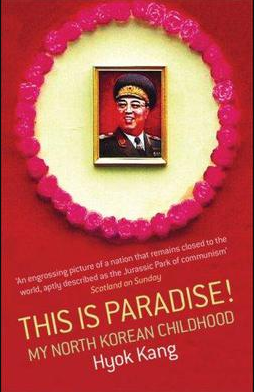
North Korea has fascinated me for a long time now and I was thrilled when I came very close to it with my day trip to the DMZ in South Korea a few years ago. Standing on this side of the barbed wire fence, it seemed so close yet so far. In all senses of the word.
This is Paradise!, Hyok Kang’s revealing narrative of his childhood in North Korea, is a book I read nearly a decade ago but, which still remains quite vivid.
The book begins with Kang’s description of his family and of days spent in relative comfort owing to the fact that his family was well-off in comparison. But when famine strikes Kang’s family too is massively affected and he had to find ways to keep himself, and them, from starving to death.
The title is an ironic reference to the brainwashing that the North Korean government perpetrates, and is juxtaposed beautifully with the grim reality that Kang sees everywhere. Officials in the pink of health while the rest of the country dies of starvation, electric lights gleaming in the distance lavishly lighting up the dear leader’s statues, while people’s houses lie swathed in darkness.
Reading this book gave me goosebumps but it only strengthened my wish to visit North Korea at some point. This is a very harrowing and intimate account of Kang’s survival and ultimate escape, and it’s one of the most satisfying translations I have read.
Apu Trilogy by Bibhutibhushan Bandhopadhyay, translated by Tarapada Mukherji and T. W. Clark
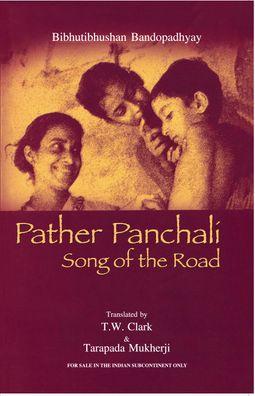
This was my first ever book by Bibhutibhushan and I fell in love then and there. The world of Apu and Durga, and Sarbajaya and Harihar is beautifully crafted and also paints an alluring sketch of rural Bengal. I read this nearly 15 years ago and I don’t remember a lot of details, unfortunately, but I do remember immensely enjoying the book.
Enough for me to track down part two of the trilogy, named Aparajito. It takes us through Apu’s schooldays and then the changes he goes through as begins to shoulder more and more responsibility. This is more of a character study of Apu who is distinct in his curiosity and thirst for life, which he finds lacking in the people around him.
If you haven’t yet got hooked on to translated Indian literature, then this is where you should begin.
The Guest Cat by Takashi Hiraide, translated by Eric Selland

There are some books that really allow you to live the phrase “reading is meditation.” The Guest Cat is one of them. You are made aware of lots of little details that pushes you to silently reflect. This is truly mindful reading. Slow and delightful.
Read my detailed review here. I hope you read this little gem right away if you haven’t yet.
On the Banks of the River Mayyazhi by M. Mukundan, translated by Gita Krishnankutty
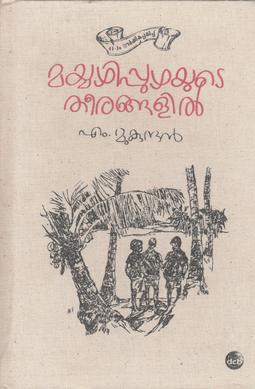
I chanced upon M Mukundan’s “On the Banks of the Mayyazhi” in a second-hand bookshop. When I read the summary on the book jacket I was skeptical if I would like it because it had two themes that I haven’t been able to take to very much in the past – politics and magical realism.
I surprised myself by enjoying this delightful novel to the hilt. Its unique Indo-French characters, the little town of Mahe, and the folklore that is deftly woven through makes this a superb read.
Here’s my detailed review. Don’t miss this magical book.
The Cake Tree in the Ruins by Akiyuki Nosaka, translated by Ginny Tapley Takemori
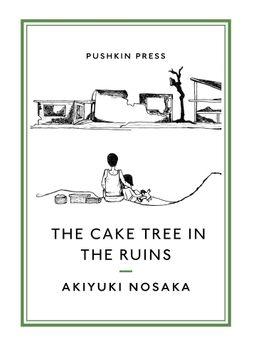
I got this short story collection as an ARC from Pushkin Press, my favourite publisher and it was made doubly delightful because they were written by Akiyuki Nosaka who also wrote the story behind one of my favourite movies, Graveyard of the Fireflies.
At once poignant, hopeful, and ironic, the stories in this collection tug at your hearts. Many of them highlight the absolute uselessness of war, and portrays the people who are really affected. It’s not governments and kingdoms but ordinary people. There are a few running themes that thread the stories together like the fight for survival, loss of family, and the effect of war on children.
Here’s my full review and hope you are as enthralled by it as I was.

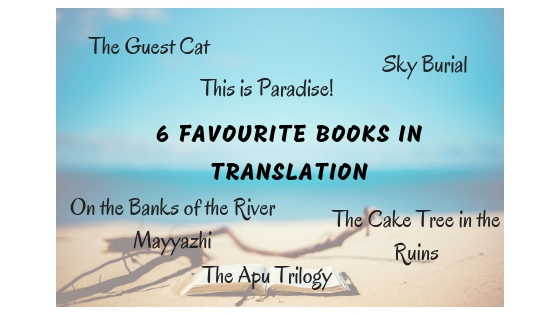
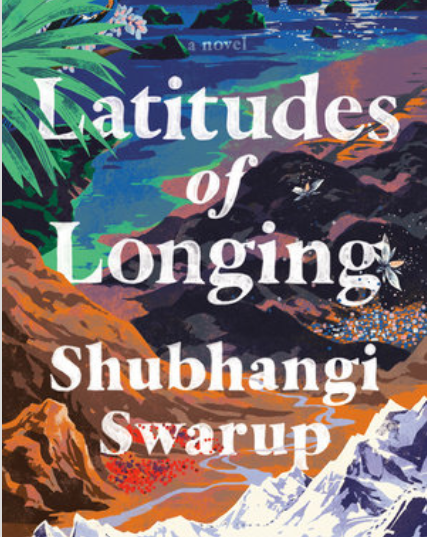
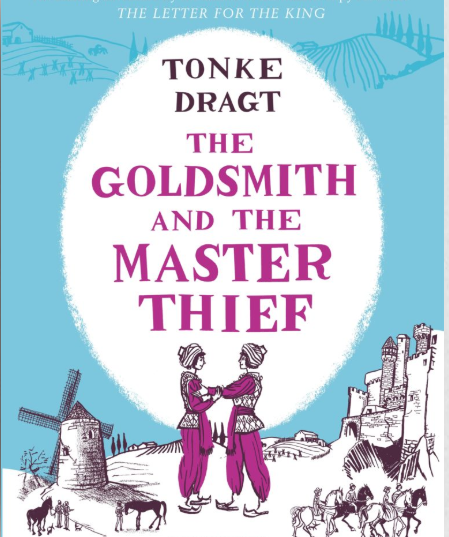
Wow. Finally you get around to it! I will talk to you more about this rather than these comments, of course. But I just wanted to make it public here – ‘The Guest Cat?’ I mean. Come on. *stamps feet and screams in pain. I.CAN’T.BELIEVE.IT.
Hahahaaa I was waiting for that response to Chibi! 😀 😀 Yes it did take some time to get around to writing it but I am glad I did finally.